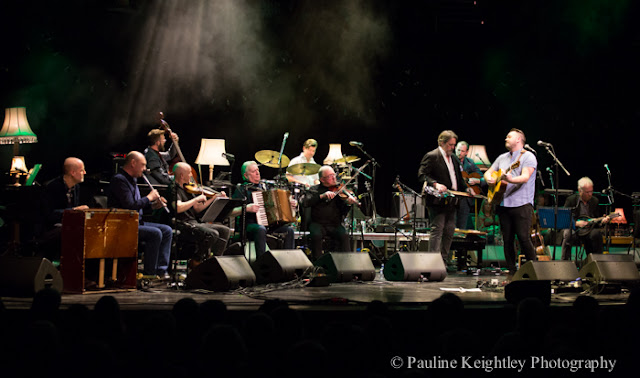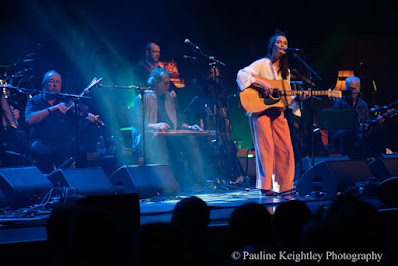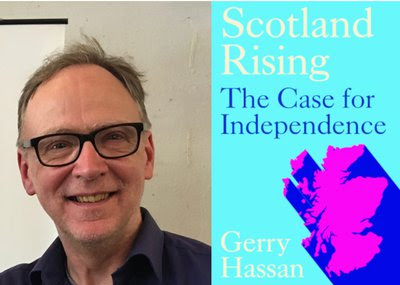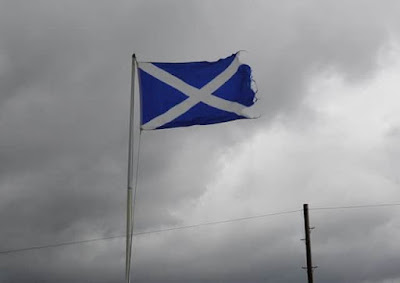 |
| Phil Cunningham, Aly Bain, Jerry Douglas |
The festival will run from Thursday 19 January to Sunday 5 February 2023. @ccfest
Celtic Connections is one of the world’s largest winter festival that celebrates roots, folk and world music. Celtic Connections began in 1994, when it offered 66 events at one venue. Since then it’s grown in adventurousness, experimenting and diversity each year and now offers thousands of events in locations across Glasgow.
Opening Concert will celebrate the festival with artists who’ve featured over the years, along with new folk talent - reflecting Celtic Connections' multi-generational breadth, its Internationalism and collaborative, cross-genre spirit. And includes Karine Polwart, Sierra Hull, Basco, Peat & Diesel, TRIP, Fergus McCreadie & Matt Carmichael, Maeve Gilchrist, Rachel Sermanni and more.
With the Big Band, originally conceived 2021 digital festival’s Opening Night - Patsy Reid, Graham Mackenzie, Laura Wilkie, Michael McGoldrick, Hannah Fisher, Ross Ainslie, Anna Massie, Alyn Cosker, James Mackintosh, Duncan Lyall and Sorren Maclean, along with guests.
Dance. World premiere of Moving Cloud – a collaboration of contemporary dance and traditional music with a new score by Celtic Connections and Scottish Dance Theatre led by Artistic Director Joan Clevillé with TRIP, Sian, Greg Lawson and Alice Allen.
**PLUS festival FAVOURITES - Irish-American Cherish the Ladies, Scots strings Blazin’ Fiddles, trad fusion powerhouse Treacherous Orchestra, Colin Hay, of Australia’s Grammy-winning Men at Work..
The Irish Chamber Orchestra, Róisín ReImagined , with award-winning singer Muireann Nic Amhlaoibh’s renditions of classic sean nós songs, of richly ornamented songs. The (SCO) Scottish Chamber Orchestra returns with Chris Stout (fiddle) and Catriona McKay (Clarsach) (SCO) Scottish Chamber Orchestra returns with Chris Stout (fiddle) and Catriona McKay (Clarsach).African and Gaelic music with Malian’s Trio Da Kali with Gaelic singers Jenna Cummings and Kim Carnie.
Collaborations. Piper Ross Ainslie, and American Old-Time and roots musician Dirk Powell. Orchestral Qawwali will showcase a unique collaboration. The Song Circle show with vocals of Mary Chapin Carpenter, Karine Polwart, Julie Fowlis and Robert Vincent at The Theatre Royal.
Festival highlight Transatlantic Sessions celebrate 20th Anniversary with all-star line-up - Martha Wainwright, Hothouse Flowers frontman Liam Ó Maonlai, Capercaillie’s Karen Matheson and Amethyst Kiah. House band of top Celtic and Americana roots talent – Phil Cunningham, John Dole, Michael McGodlrick, John McCusker, Donald Shaw, James Mackintosh and Daniel Kimbro and masters of ceremonies Sherland fiddler Aly Bain and dubro master Jerry Douglas.
.jpg) |
| Braebach |
Gaelic. Scottish folk band Breabach album Fàs–meaning ‘growth’, inspired by the natural environment of Scotland. Gaelic singer of the Year at the MG Alba Scots Trad Music Award the haunting vocals of Kim Carnie –new album And So We Gather,
Plus live mic at the Danny Kyle stage the Late Sessions and Folk club and much more.
Showcase Scotland 2023 will see Brittany showcased, to advance opportunities, along with Wales, to celebrates the folk traditions of two of Scotland’s closest Celtic cousins.
**Tickets for Celtic Connections 2023 will be available from 10am on Wednesday 12th October at www.celticconnections.com.
 |
| Rachel Sermanni |
 |
| Sarah Jarosz |
“Celtic Connections is still showcasing some of the best music Scotland and the world has to offer, established and emerging musicians are still here creating and performing, audiences are still here enjoying the cultural exponents of our country and other nations from across the world. Sharing our music and our arts is a vital part of our human existence, connecting us and enriching lives, and we have missed that. I can’t wait to revel in a live festival once again and celebrate the resilience and the longevity of our sector.”










